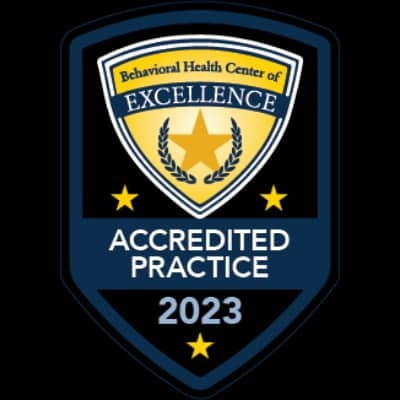By: Cristina Martínez
M.B.A, M.S, BCBA, LBA

If I choose to begin this post with a simple question, please do not pass judgment without scrolling further. A little patience and an open mind will prove my written thoughts are not hackneyed. The question that comes up so often at this time of year is "What to do to have a merry little Christmas?" For many families, the magic of Christmas alone is enough of a recipe to produce a happy holiday. However, my thought is to add a complement to that seemingly uncomplicated question, and pose "What to do to ensure that a family with members with special needs will have a merry little Christmas?" Now, the question may not be so easy to answer.
Throughout this post, I will be offering tips, but it should be understood that these are just that -- tips. My recommendations, which have been derived from a personal and professional standpoint, are far from being magic formulas.
First and foremost, I want to emphasize that every family is unique, and every family's particular dynamics will have to be taken into account when following these tips or incorporating them into your own plans.
In order for a special family to enjoy a worldwide celebration, such as Christmas, it is essential to rid the stereotypes constructed by the media or literature. During such a happy time of year, restricting activities that bring joy due to misbeliefs limit the family's potential for Christmas magic. Each family is recommended to identify its own safe spaces and preferences in order to have a healthy and happy celebration, but do not inhibit your family from expanding your traditions simply because of stereotypes.
However, sometimes a trump card can be the key to disaster. For some families, the surprise factor that is idealized for Christmas, including the unforgettable happy moments of setting up the tree, seeing Santa, or opening the gifts, might not be received well by children with special needs. Anticipation may be crucial for your child with ASD. Perhaps, in order to reduce the chances for an unwanted reaction, a child with ASD should be provided with preparation to understand possible changes in their environment. A calendar could be used to help them prepare for holiday events and activities. Their social history will also help them comprehend the changes in their environment and schedule that occur during the holidays. Once the season starts approaching, it is important to evaluate the anticipation time needed for each little one with a developmental disorder that may result in anticipation creating anxiety and further inappropriate behaviors.
Involving little ones in the decorating process can also be beneficial in reducing the discomfort that may be caused by new or flashy decorations. Participating in shopping and hanging the lights or ornaments, as well as looking through family Christmas photos, can be extremely helpful activities for children with ASD. Resistance to change or rigidity is often an issue faced by special families. In this case, it is important that the preparation process is step-by-step, full of conversations to explain the changes each step of the way, which will facilitate the gradual assimilation of the changes in the environment and family's routines.
Nevertheless, a child with special needs may feel overwhelmed by such changes, certain visits, or situations such as large gatherings. In these circumstances, it is advisable to provide a calming space they can relocate to in order to practice their self-management skills (if in their repertoire). For some kids with less independence, prior training of a warning signal could be used to help them learn to communicate the need to go to their calm space.
For the presentation of gifts, practicing actions such as wrapping and opening presents, as well as turn taking, are essential elements of Christmas morning preparation. Re-enacting probable scenarios or situations from past holidays or constructing a thematic board (individually or together) will help to facilitate communication and the child's adaptation to the upcoming holidays.

Caregivers should also pay special attention to the foods their children can eat. It is essential to ensure that they have adequate nutrient intake based on their specific diets they may be following. If gathering at a family member's home for the holidays, either arrive prepared with your little one's meal or inform the cooks of any special diets, restrictions, or needs.
Finally, preparation should also involve the rest of the family. Other family members should know how to react in the event of a crisis or uncomfortable situation. It is important to teach them to remain neutral in such circumstances, by regulating their tone of voice, facial expressions, body language, or any other variable that may negatively influence the inner state and thus behaviors of a child with special needs.
These recommendations are not the only tips that are based in ABA for preparing children with ASD for the holidays. There also may be essential elements for certain families to consider that have not been mentioned in this post, so consultation with a specialist is highly recommended for each family that requires extra help during this time of year.
If you have made it this far, it is likely you have realized there are no magic formulas to guarantee a smooth and happy Christmas. However, I hope that you will take with you the certainty that it is possible to create the magic of Christmas that is depicted in books and movies, even if it requires a little more preparation. Who knows? Maybe your own special traditions can be written and told to other families who may need guidance during this time of year. Spread Christmas cheer!




